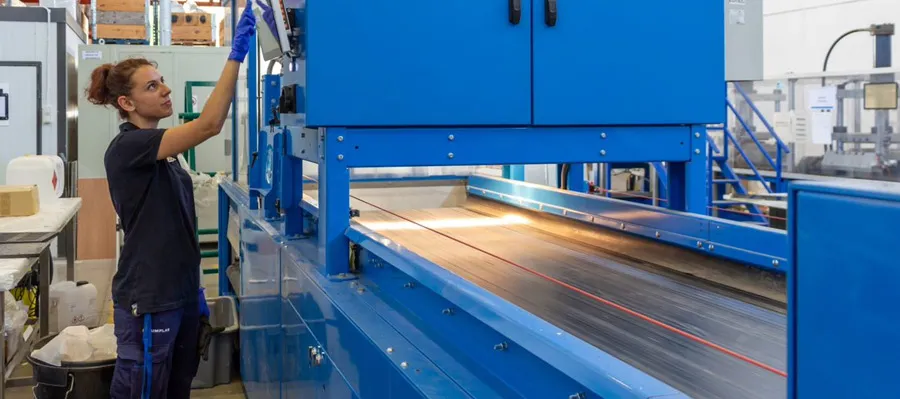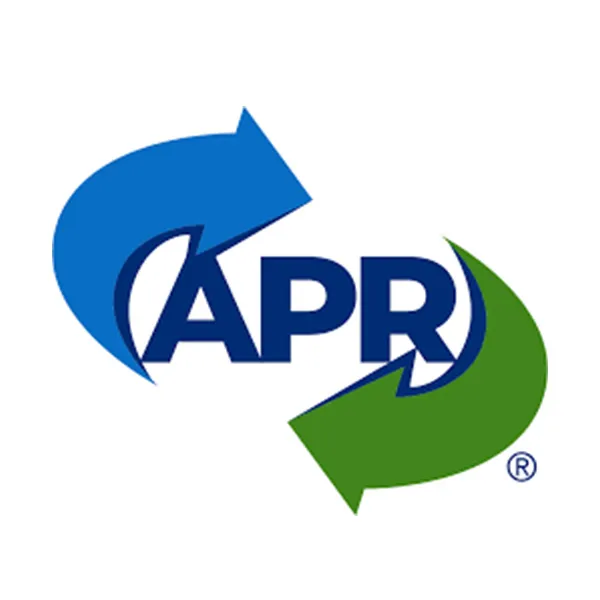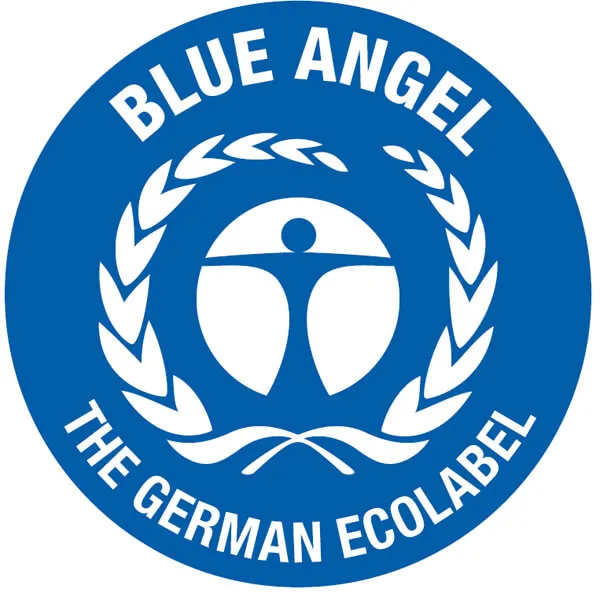The use of recycled material in food contact packaging
Provided that major environmental and health requirements are taken into account, this represents a real opportunity for the packaging industry.
Because the source of recycled raw materials is waste, the food source of this waste must be ensured in order to manufacture products with recycled content that will come into contact with food and thus comply with current legislation and avoid health risks.
It is also necessary to ensure that the waste is not contaminated or, if this is not possible, that the materials have been properly decontaminated.
In fact, Commission Regulation (EU) 2022/1616 is specifically on recycled plastic materials and articles intended to come into contact with foods, and repeals Regulation (EC) No. 282/2008 as of 10 October 2022.
Solutions
- Advice on new legislation: we offer tailor-made advice and training services to help companies understand and comply with current legislation.
- Advice on management systems: we can develop waste management systems and implement them in companies so that products and subsequent waste do not lose their food suitability and help recover suitability for food contact if it has been lost.
- Pre-consumer waste Study, preparation and implementation of the documentation required to ensure proper recycling of pre-consumer waste for subsequent food use. AIMPLAS offers services for preparing guidelines adapted to each case, thus offering evidence to the audit body.
- Post-consumer waste recycling. Advice and preparation of the documentation required to obtain EFSA authorizations for decontamination processes. Study, preparation and implementation of documentation to ensure proper functioning of closed, controlled loops of post-consumer waste of food origin.
Challenge Test
AIMPLAS is equipped with a pilot scale recycling line capable of simulating industrial scale processes, including waste detection with separation equipment and the manufacture of end products with food suitability.
- Performance of challenge tests: we have a pilot plant used exclusively to carry out challenge tests to obtain authorizations from EFSA. We also have reactors with different capacities to carry out these controlled contaminations in accordance with EFSA and FDA
- EFSA dossier preparation: we have extensive experience in the preparation of EFSA dossiers for obtaining EFSA authorizations for decontamination processes and closed, controlled loops.
- Experience and know-how: AIMPLAS has developed a methodology based on the protocols established by EFSA for validation of the use of recycled plastic materials in contact with food with the aim of complying with EFSA requirements, such as the design and performance of challenge tests and subsequent analyses to verify the entire decontamination process. AIMPLAS has experience throughout the value chain for proper recycling and use of recycled material suitable for food contact, from the generation of waste to the manufacture of new raw materials.
Equipment
- NIR detection equipment capable of separating waste by polymer type, colour, morphology and source of waste.
- Challenge test reactors with capacities of 1 to 200 litres for controlled contamination.
- Equipment to simulate approved recycling processes, such as extrusion technologies and SSP reactors.





